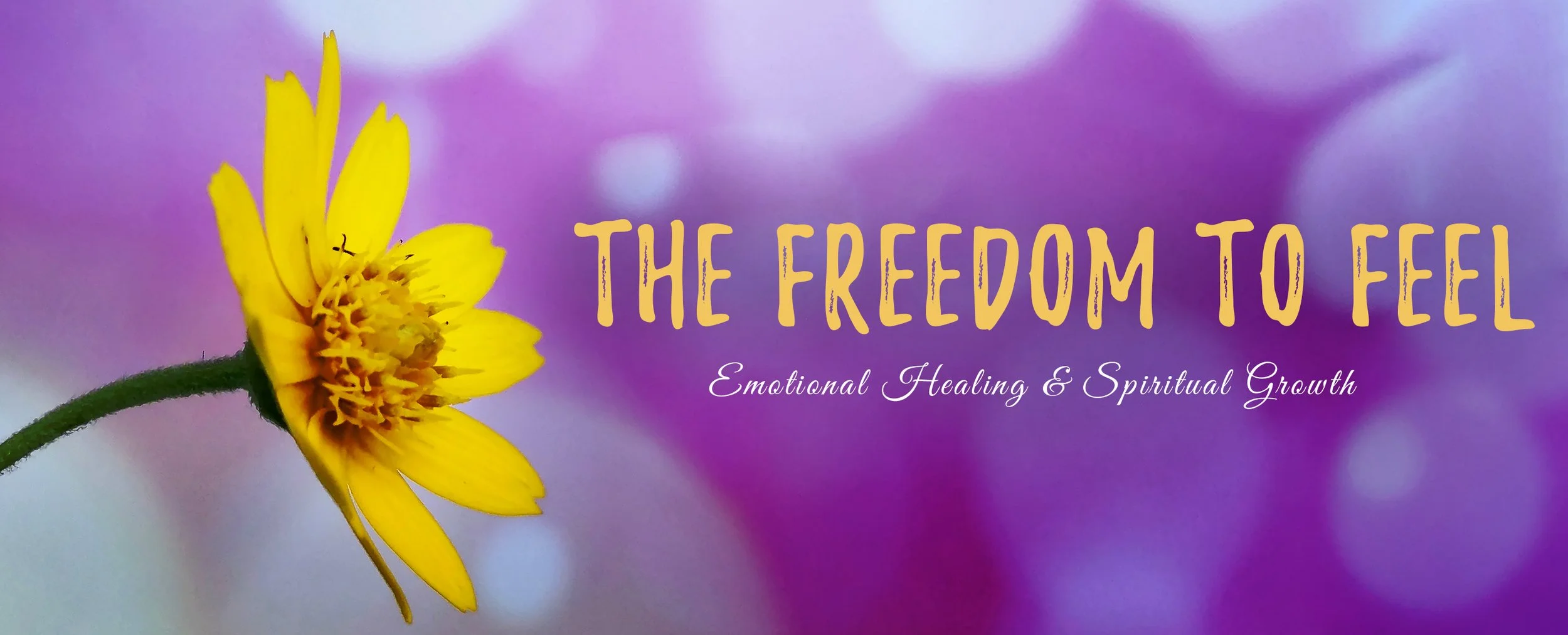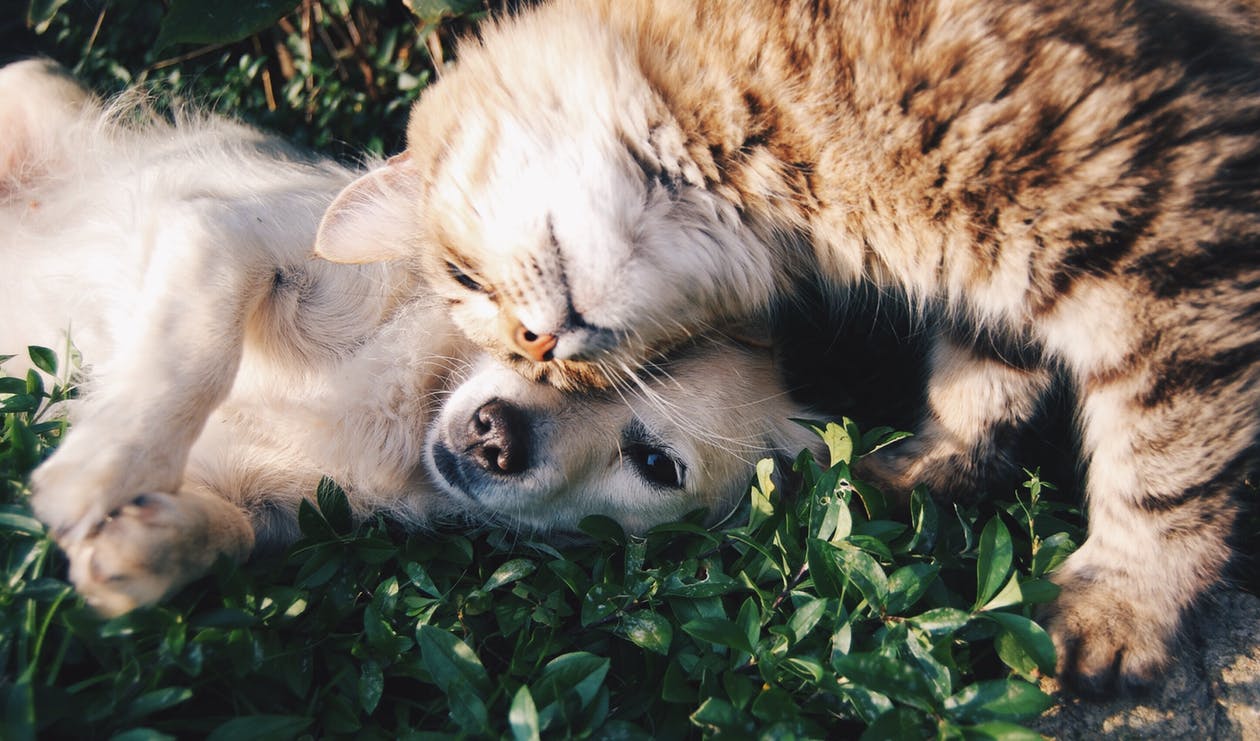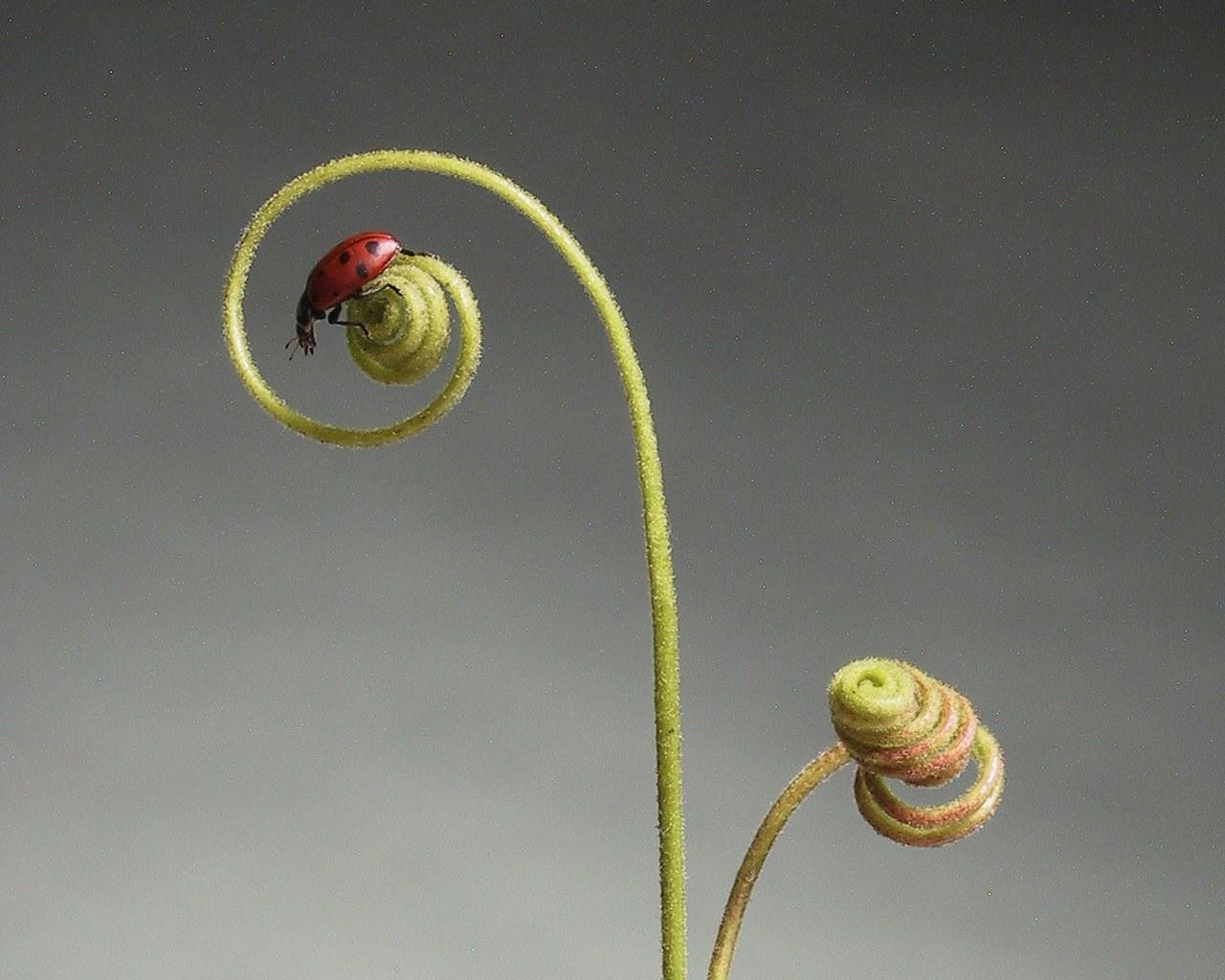Karen was my last client for the day. We met at seven sharp, right after Steve.
Karen was an obese woman I trained twice a week. She was thirty years old, weighed 250 pounds, and was 5’ 2”. However, these numbers don’t say anything about her as a person. She was a painter who owned her own gallery in Manhattan. The serenity in her eyes and the way she smiled for no reason introduced her to me before she even told me her name.
She had been married for more than five years to someone who was in good shape. I knew this because her husband came to pick her up after our sessions. The conversation we had the first day we met left me pondering about life for days.
I asked the same question I asked every client before we began the program: What are your three main fitness goals?
Karen said she only had one goal: to enjoy the workouts.
I recall looking into her eyes as if she had not understood my question. I rephrased it, and this time I was more specific.
“I understand, Karen, and I will ensure that the exercises will be fun, but what I meant was, how many pounds do you want to lose?”
Again, she answered with a smile and said she didn’t care about the weight; she just wanted to feel good during and after the workouts. Furthermore, she said it didn’t matter if she didn’t lose any weight at all. Her peaceful eyes and joyful smile reinforced the truth of her words.
I could not believe this woman and how out of touch with reality she was. She was obese, for God’s sake! She could actually die of a heart attack at any moment, and my mind refused to believe that anyone could be at peace with a body like hers. It couldn’t be possible.
I insisted. I tried to force her to make a deal with me, and asked her to agree on losing one to two pounds per week.
Once more with the same serene, happy look on her face, she replied that I didn’t understand her. Patiently, she repeated that she was fine with her weight and that she enjoyed her work. She was a person who loved and was loved by her family and friends. Her life was a blessing, and she was grateful for what she had. There was nothing else to be added or removed to make her happier. The workouts with me were just to get her body moving while she had some fun.
I wasn’t amazed by her attitude, because I neither understood nor believed in what she was saying at the time. Nevertheless, after our encounter that day, I went home thinking about her, and I remembered a thought I’d had when I was a teenager, one that had returned many times throughout my life.
I would die young.
I believed I would not reach the age of thirty, despite being physically healthy.
Perhaps intuitively, I knew that my heart could fail at any time because of my lack of understanding of what life was really about: love and kindness.
I am convinced that Karen became my client for a reason—to teach me that to be healthy is to be loving. She trained with me for almost a year, and never lost any weight.
Karen was the healthiest client I ever had.
Much Love!
Valeria Teles





















